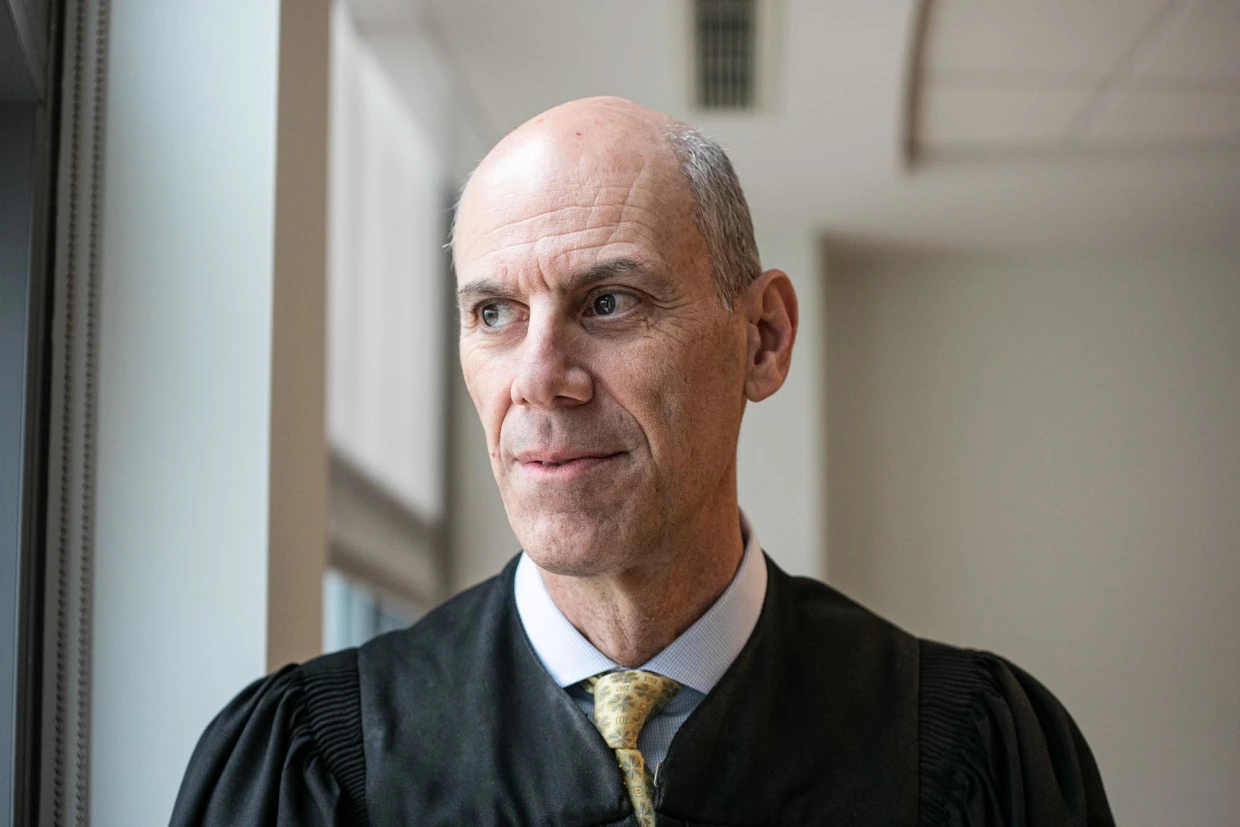Judge Mushtak Parker found guilty — Could this misconduct ruling end his career?

Judge Mushtak Parker
A Judicial Conduct Tribunal has delivered a damning verdict against Western Cape High Court Judge Mushtak Parker, ruling him guilty of gross misconduct and dishonesty after he provided conflicting accounts over an alleged assault by former Judge President John Hlophe and failed to disclose a multimillion-rand trust fund deficit during his judicial application.
Contradictory Testimony about Hlophe Assault Leads to Tribunal Rebuke
In February 2019, Judge Parker initially claimed he was physically assaulted in his chambers by former Western Cape Judge President John Hlophe. This allegation included dramatic details of being shoved against a bookcase and suffering a broken back from a key lodged in his backrest. Colleagues, including Judge Derek Wille, supported this account and helped draft Parker’s affidavit.
A year later, however, Parker retracted his statement, admitting he “may have misremembered” the incident. The Tribunal concluded these mutually contradictory statement, one under oath and one withdrawing the original claim, were indicative of gross dishonesty and fell far below the integrity required of judicial officers.
Trust Fund Shortfall Omission Adds to Misconduct Charges
A second charge arose from Parker’s failure to disclose that his law firm had a R4.7 to R8 million trust fund deficit at the time he joined the bench. Brought forward by the Cape Bar Council, the Tribunal found that this omission, amounting to deceptive application conduct, further damaged the judiciary’s reputation.
Retired Tribunal chair Judge President Bernard Ngoepe emphasised that these actions—both lying under oath and hiding significant financial irregularities—constitute not just errors but outright gross misconduct under Section 177(1)(a) of the Constitution.
Tribunal Warns Judiciary’s Integrity Dramatically Impacted
Judge Ngoepe delivered a strong reprimand, stating, “individually and cumulatively, the findings against Judge Mushtak Parker have brought the judiciary into disrepute”. The Tribunal highlighted that when one’s truthfulness is questionable, especially in terms of sworn statements, the entire justice system is undermined.
This verdict marks a serious judicial rebuke and establishes a significant record for judicial accountability in South Africa.
READ ALSO
Judge President Selby Mbenenge denies sexual harassment
Shepherd Bushiri: What to know before the extradition ruling
What Happens Next? Judicial Service Commission Faces Decision
The Judicial Service Commission (JSC) must now review the Tribunal’s verdict and decide whether to uphold it. If the JSC affirms the finding, Judge Mushtak Parker could be subject to impeachment proceedings, as his actions meet the constitutional threshold for removal from office.
Civil society actors like Judges Matter have urged swift action, noting that Parker’s silence and lack of defense during proceedings only deepens concerns about his suitability to serve.
Broader Implications for Judicial Oversight
The Judge Mushtak Parker ruling underscores a pivotal moment in judicial accountability in South Africa, reinforcing the importance of transparency, integrity, and rigorous oversight of judges. It sends a clear signal: non-disclosure and dishonesty, especially under oath, will not be tolerated.
Looking ahead, the JSC’s imminent decision will be watched closely. Should impeachment proceedings unfold, it may become a landmark case shaping future standards for judicial conduct.



